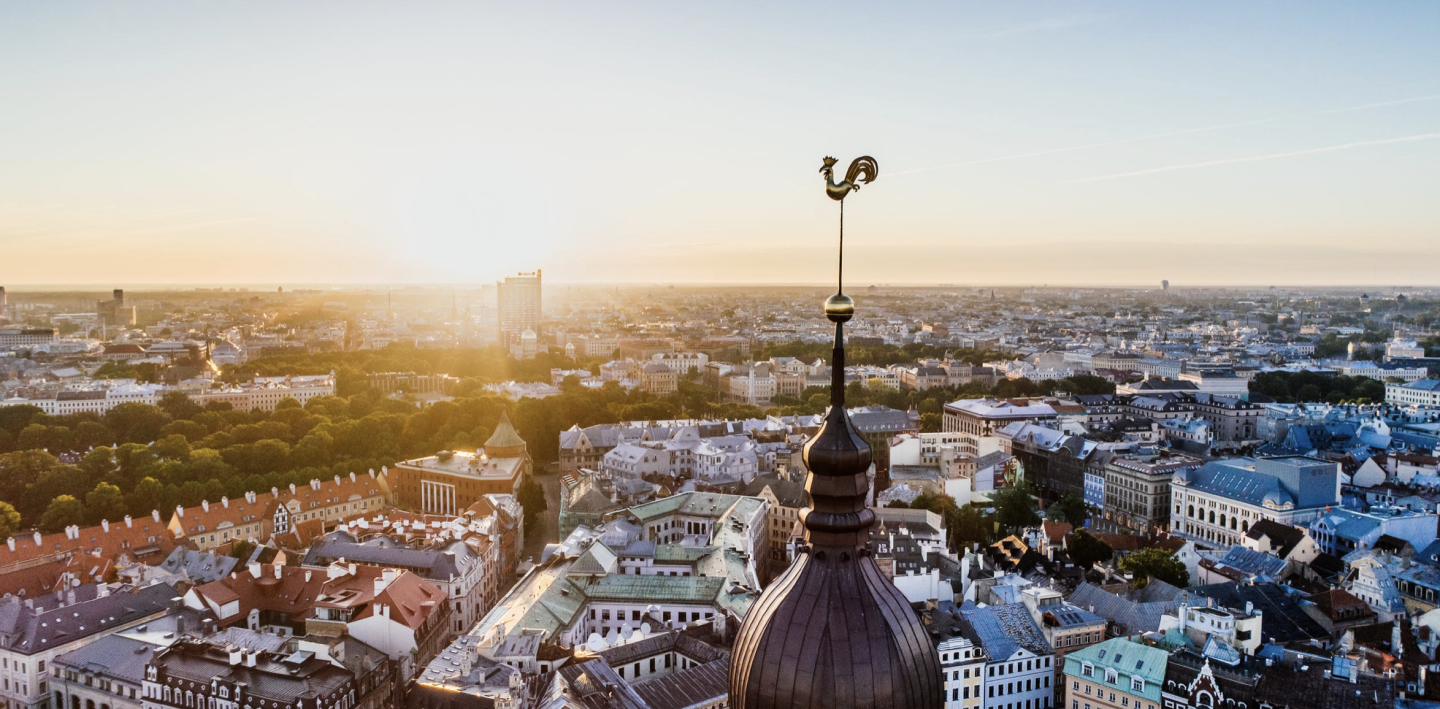Did you know that public and private buildings account for 43% of the final energy consumption in the EU? Taking that in consideration, they have been singled out in the European Green Deal as key drivers of energy transition.
In order to deal with the fact that the central Europe region faces a very uneven energy transition due to unbalanced economic development, distribution of technology and finance flows, energy efficiency investments must more than double to achieve the EU’s new climate and energy targets. The financing of the transition towards climate-neutral buildings remains a key challenge for which the EU is expecting member states to involve private investors to a much bigger extent than before.
Since the MESTRI-CE project introduces a new investment model to finance more climate-friendly buildings that guarantee sustainability, one of the first steps is to determine the market maturity of each Central European pilot country (Austria, Croatia, Germany, Italy, Poland) and Slovenia by assessing the financing needs of local energy project developers, availability of green investments evaluation criteria with performance tracking methodology for investors and the existence of citizen financing models.
The analysis was focused on current market gaps and solutions for deep renovation of buildings (public and private), including access to finance, risk perception, viability and policy framework gaps. A stronger emphasis has been placed on innovative financing models which involve private investors and citizens. The results of this study were, and will be, presented to key stakeholders during roundtable sessions, and, in combination with other studies will present inputs for the piloting action: development of green financing methodology, tools and financing models.
